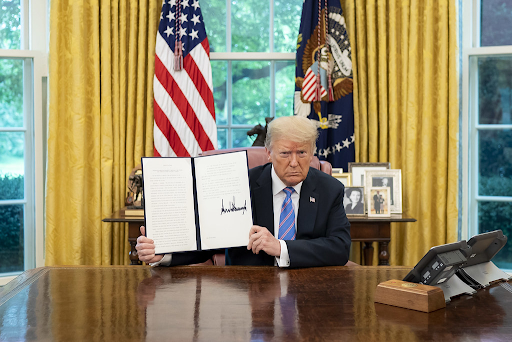While Donald Trump’s proposed 25% tariff on imported heavy-duty trucks is aimed at European and Mexican manufacturers, American businesses and consumers may be the ones who ultimately pay the price. Industry experts warn that such a significant levy on a critical piece of commercial equipment will inevitably drive up costs throughout the US economy.
Heavy-duty trucks are the lifeblood of American logistics, responsible for moving the vast majority of goods from ports and factories to warehouses and storefronts. A 25% tariff would immediately increase the cost of purchasing new vehicles for US trucking companies. This added expense would not be absorbed by the manufacturers; it would be passed on to the transport companies.
These transport companies, facing higher equipment costs, would in turn have to raise their shipping rates to maintain their profit margins. This means that any business that needs to move physical goods—from giant retailers to small farmers—would see its transportation costs go up.
Ultimately, these increased costs would be passed down to the American consumer in the form of higher prices for everything from groceries to electronics. The tariff, intended to protect US industry, would function as a hidden tax on the entire US supply chain.
The German auto trade body, the VDA, alluded to this outcome when it warned that the tariff would “increase costs.” Its statement highlights a fundamental economic truth: trade barriers on essential capital goods rarely punish only the exporter. The importing nation’s economy almost always pays a significant price, a reality that seems to have been overlooked in this latest protectionist push.

